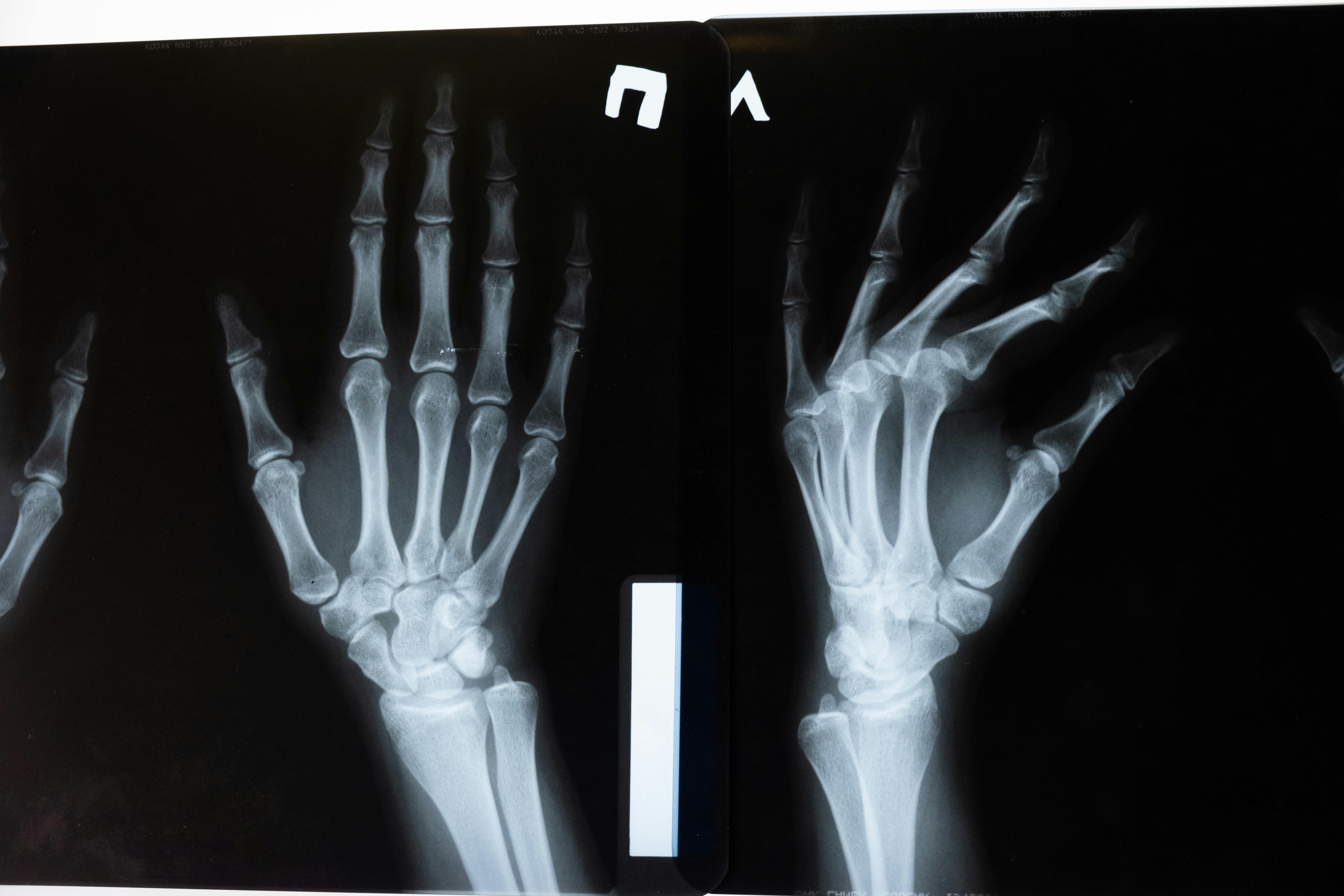
Artificial intelligence is transforming healthcare, particularly in medical imaging. From detecting tumors to segmenting organs, AI models require large, diverse, and well-annotated datasets to learn effectively. These datasets serve as the foundation for breakthroughs in computer-aided diagnosis, treatment planning, and clinical research.
In this article, we highlight five of the most important public medical imaging datasets that have become benchmarks in medical AI research. Each offers unique features tailored to specific modalities and clinical tasks, providing a solid starting point for anyone working in this fast-evolving field.
Description: A large-scale repository of medical images related to cancer, covering multiple modalities such as CT, MRI, PET, and digital pathology. It provides diverse datasets across various cancer types with detailed annotations and patient metadata.
Use cases: Tumor detection, segmentation, radiomics, and treatment response studies.
Description: Contains over 100,000 frontal-view chest X-rays with labels for 14 common thoracic diseases including pneumonia, emphysema, and fibrosis. Images are collected from diverse patient demographics, making it ideal for lung disease diagnosis research.
Use cases: Disease classification, abnormality detection, and deep learning model training.
Description: Focused on multi-modal MRI scans of brain tumors, BraTS offers high-quality segmentations for tumor subregions including enhancing tumor, edema, and necrotic core. It is updated annually as part of a competitive challenge.
Use cases: Tumor segmentation, progression monitoring, and surgical planning.
Description: A smaller but well-curated dataset consisting of retinal fundus images annotated for blood vessel segmentation. It is widely used to benchmark vessel segmentation algorithms and support diabetic retinopathy research.
Use cases: Vessel segmentation, retinal disease diagnosis, and ophthalmology AI.
Description: Contains thousands of dermoscopic images of skin lesions with expert annotations including benign and malignant classifications. It supports research on melanoma detection and skin cancer screening using image analysis.
Use cases: Lesion classification, segmentation, and early skin cancer detection.
Access to high-quality medical imaging datasets accelerates research and innovation, enabling the development of AI tools that support clinicians in making more accurate, timely diagnoses.
Each dataset offers unique value depending on the clinical context and imaging modality. Whether working with X-rays, MRIs, or skin images, these datasets provide a reliable foundation to advance healthcare AI solutions.